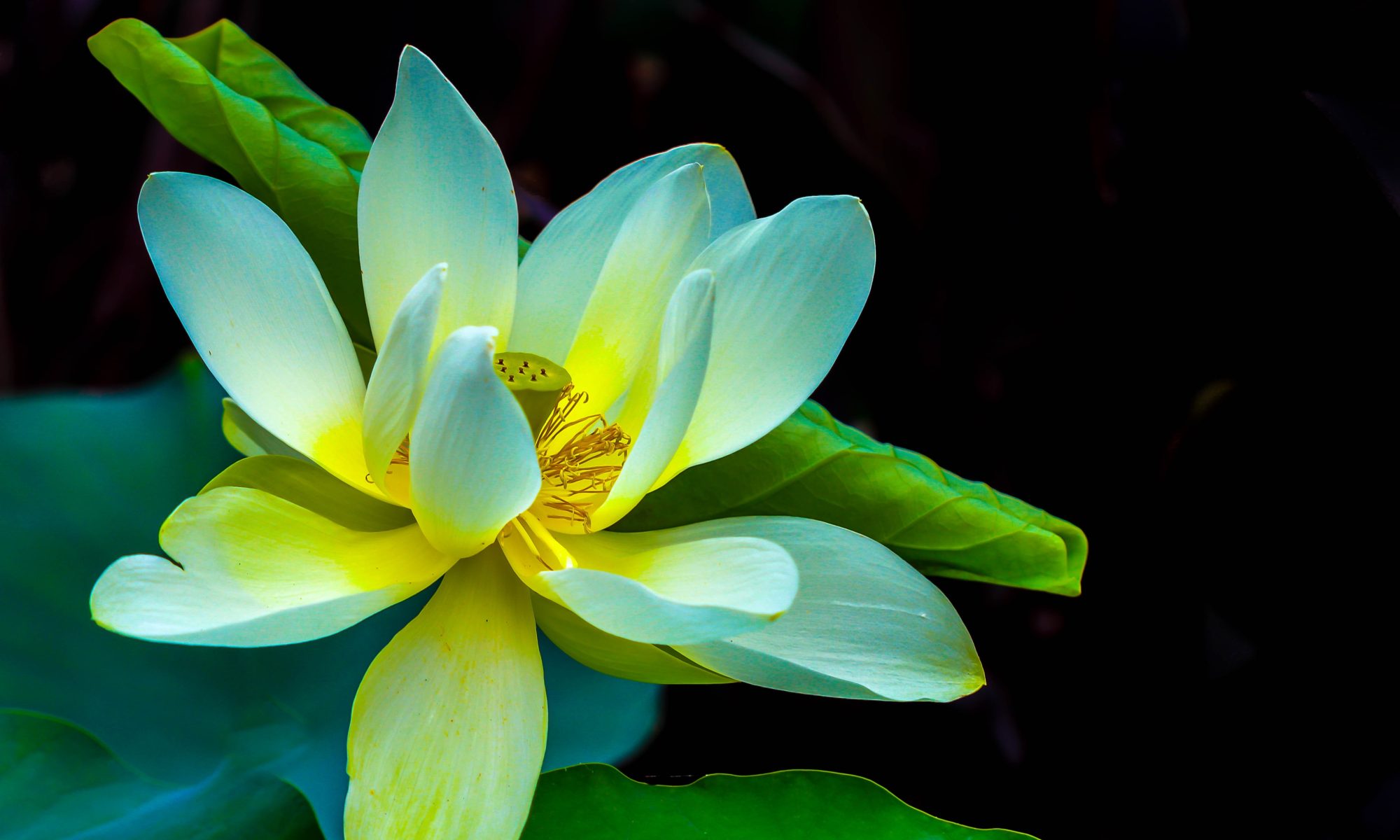Dear Kalyanamittas,
Below are the audio links to our 18th November 2018 house dana recording for sharing by all:
(Today’s rather good sharing by Bro. Teoh at House Dana hosted by Bro. Pan and Sis. Angie dated 18th Nov 2018):
https://broteoh.com/wp-content/uploads/Teoh-181118-Pan-Angie-House-Dana.mp3
or at:
https://www.dropbox.com/s/8toa3ktjplvc1t3/Hse%20Dana%20Pan%20Angie%2020181118.mp3?dl=0
|
www.dropbox.com
Shared with Dropbox
|
||
Outline short notes link: https://broteoh.com/wp-content/uploads/Teoh-181118-Pan-Angie-House-Dana-Outline.pdf
Bye! with metta always,
Teoh

